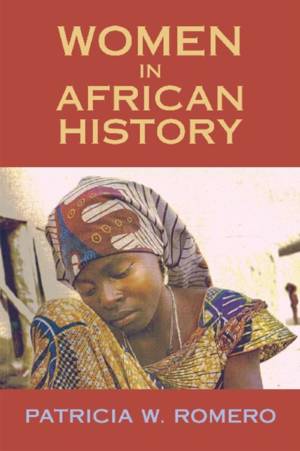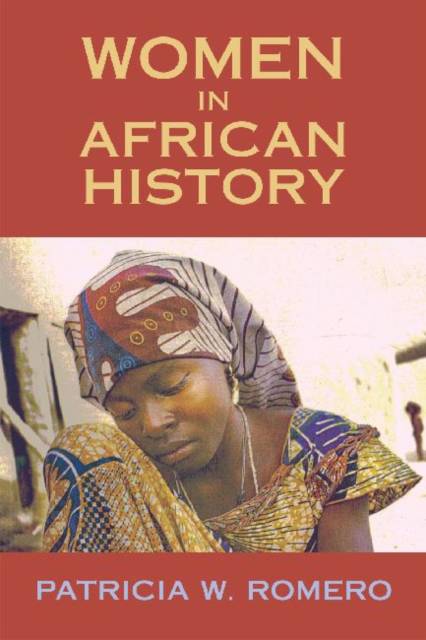
- Afhalen na 1 uur in een winkel met voorraad
- Gratis thuislevering in België vanaf € 30
- Ruim aanbod met 7 miljoen producten
- Afhalen na 1 uur in een winkel met voorraad
- Gratis thuislevering in België vanaf € 30
- Ruim aanbod met 7 miljoen producten
Zoeken
€ 83,95
+ 167 punten
Uitvoering
Omschrijving
African women have made history as doctors, merchants, slaves, prostitutes, and religious leaders. In this survey of the roles women have played in sub-Saharan Africa, from the Queen of Sheba in Ethiopia to the elected presidents of contemporary Liberia and Malawi, Romero discusses education and religion, medicine and the occult, and the presence of women on the political stage, including their roles as environmental activists. Nothing thrusts the issue of gender into recent African history more starkly than war. Entire sections are devoted to anti-colonial conflict and the toll on women's health, beginning with Mau Mau and Kenya's rebellion against the British in the 1950s and continuing to the tragic consequences for women in the Republic of Congo. Drawing on the latest research, including travelers' accounts and case studies, this readable volume presents a wealth of carefully selected documents, illustrations, and maps to complement its coverage of precolonial, colonial, and post-colonial Africa.
Specificaties
Betrokkenen
- Auteur(s):
- Uitgeverij:
Inhoud
- Aantal bladzijden:
- 372
- Taal:
- Engels
Eigenschappen
- Productcode (EAN):
- 9781558765757
- Verschijningsdatum:
- 5/01/2015
- Uitvoering:
- Hardcover
- Formaat:
- Genaaid
- Afmetingen:
- 152 mm x 229 mm
- Gewicht:
- 712 g

Alleen bij Standaard Boekhandel
+ 167 punten op je klantenkaart van Standaard Boekhandel
Beoordelingen
We publiceren alleen reviews die voldoen aan de voorwaarden voor reviews. Bekijk onze voorwaarden voor reviews.











